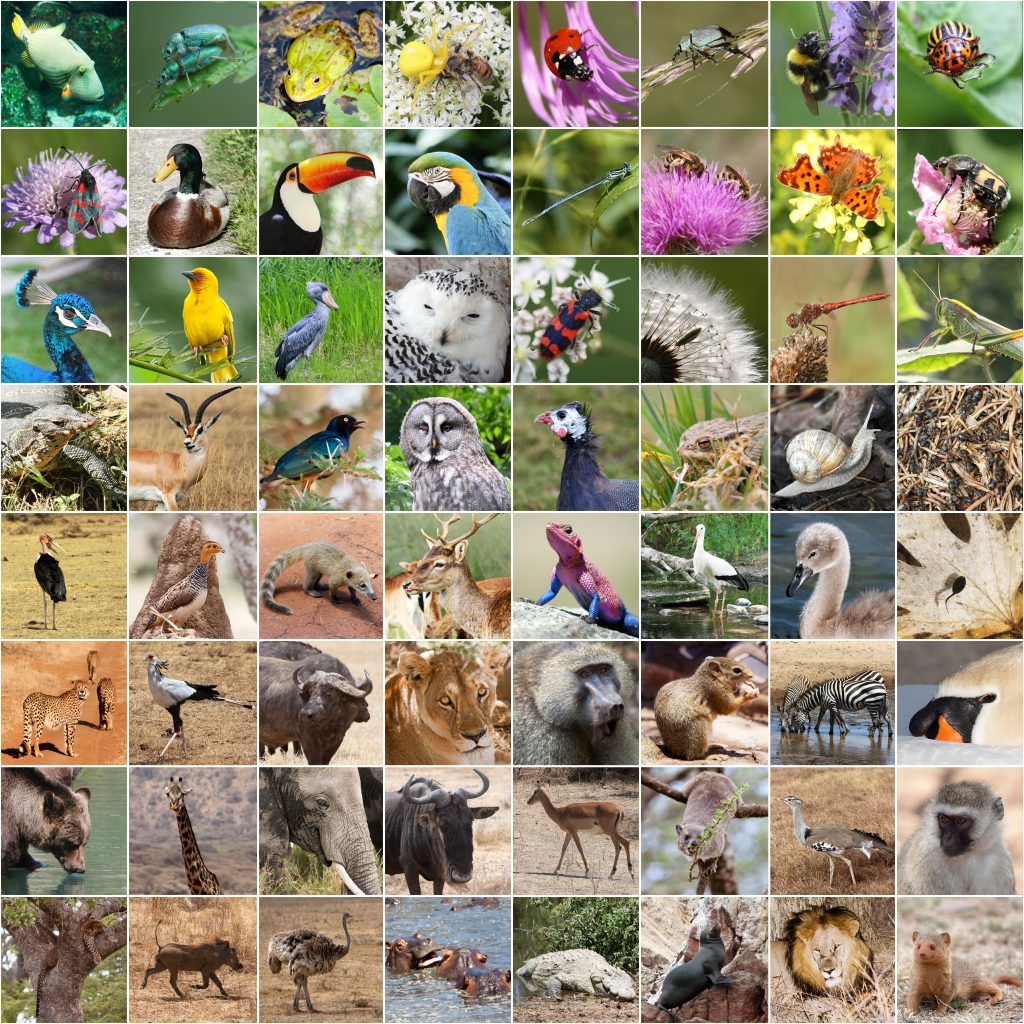In these last 2 years the world’s focus has been on health and not necessarily in a positive light. Our focus has been on the dangers of viruses, sterilization, wearing masks, isolation and social distancing. However, I think it’s an important time to talk about the Virome and why it is essential.
What is the Virome?
You might be wondering what a Virome is? Well, just as we have a microbiome made up of trillions of bacteria hanging out within us, so too, do we have viruses. In fact, the Virome is not only within us but it is also part of our air, water and soil, about 1030 . , that’s 10 million times more viruses in the air, water, and soil then there are stars in the universe.
What are Viruses?
Viruses are not living organisms, it is a small collection of genetic code, either DNA or RNA, surrounded by a protein coat. They are secreted from bacteria, fungus, plants, and humans.
The History of Viruses
Viruses helped shape our evolution and make us who we are. The placenta’s formation, for example, is reliant upon a retrovirus gene insert that happened in mammals millions of years ago. We would not have emergence of mammals and mammalian birth without the genomic insert of a retrovirus. We wouldn’t have a stem cells and their function without a viral insert.
Why Do We Need Them?
More then %50 of the genome that makes up humans and other living organisms are made up of viral inserts into our genome. So, viruses are a part of our make up, they don’t attack us, they don’t take over our genome. They are available for genomic updates. Not every virus that comes into our system is going to be taken up by our genome. Only a small fraction become part our human genome. So, there is a constant adaptation of the body to the virome and they become essential to our functions.
The body has been in a state of balance with viruses since the beginning of humankind. In a newborn- 7 days old, there are 108 viruses in every gram of stool. This is before the child has its own innate immune system.
Benefits
In an article from BBC.com the author states that the vast majority of viruses are not pathogenic to humans, and many play integral roles in propping up ecosystems. Others maintain the health of individual organisms – everything from fungi and plants to insects and humans. “We live in a balance, in a perfect equilibrium”, and viruses are a part of that, says Susana Lopez Charretón, a virologist at the National Autonomous University of Mexico. “I think we’d be done without viruses.”
Ecosystems: viruses keep the delicate balance of life in check in the world’s oceans and other ecosystems. They regulate bacterial populations. If this delicate balance were disrupted some bacterial populations would disappear while others would proliferate. When viruses are part of the cycle of balancing life it allows the oxygen-producing plankton to undergo high rates of photosynthesis which sustains life on Earth.
“If we don’t have death, then we have no life, because life is completely dependent on recycling of materials,” says Curtis Suttle, an environmental virologist at the University of British Columbia.

Protective to humans: Stated in the article Why the World Needs Viruses to Function on BBC.com…”GB virus C, a common blood-born human virus that is a non-pathogenic distant relative of West Nile virus and dengue fever, is linked to delayed progression to Aids in HIV-positive people. Scientists also found that GB virus C seems to make people infected with Ebola less likely to die.
Likewise, herpes makes mice less susceptible to certain bacterial infections, including the bubonic plague and listeria (a common type of food poisoning). Infecting people with herpesvirus, bubonic plague and listeria to replicate the mouse experiment would be unethical, but the study’s authors suspect that their findings in rodents likely apply to humans”.
These few examples are reminders to us that viruses are not always the bad guy. In fact, for the most part viruses play and have played an essential role to evolution of humankind and in the delicate balance of earth’s ecosystems. We mustn’t forget the innate intelligence of nature that has been choreographing this delicate balance of living things for millions of years.
https://www.amnh.org/explore/viruses-vaccines-pandemic-science/virus-virome
https://zachbushmd.com/knowledge-virome/
http://www.eebweb.arizona.edu/faculty/saleska/SWES.410.510/Readings/Suttle2005-NatureVirusReview.pdf
https://www.bbc.com/future/article/20200617-what-if-all-viruses-disappeared
As a retired registered massage therapist, I’ve always been interested in health. I grew up loving sports so that carried into my adult life in my chosen career paths and in my personal life. I now stay active with weight training, hiking and biking. My professional life has always been in health care. This has inspired me to seek out and adopt a life of natural health and wellness.
